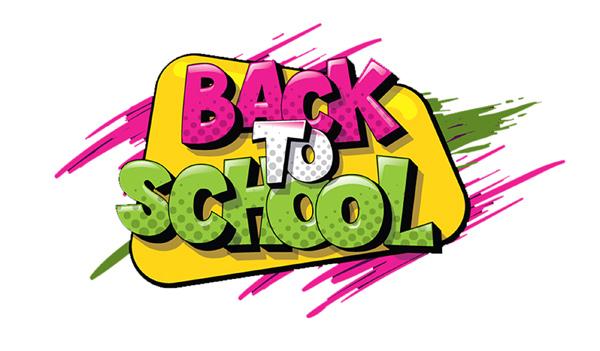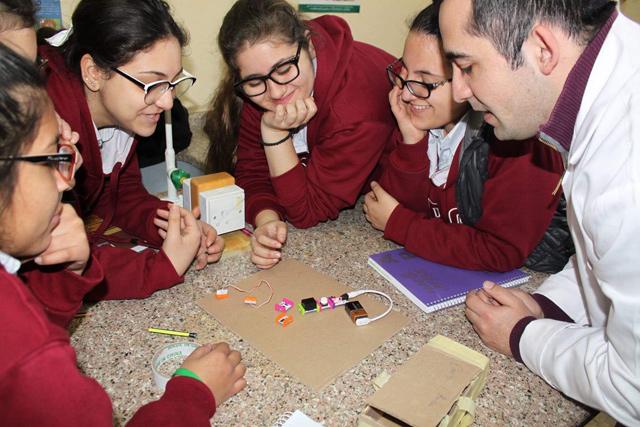You are here
Learning effective study skills
By Dina Halaseh , Family Flavours - Sep 22,2019 - Last updated at Sep 22,2019

Photo courtesy of Family Flavours magazine
By Dina Halaseh
Educational Psychologist
Many students come to me complaining about studying for a long time and not remembering what they studied the night before.
As I dig deeper into their study habits, I notice that many of these students share the same incorrect techniques. Latest studies and research show that some of our most used studying techniques do not help in remembering what we read or study. For example: highlighting! As much as this technique is favoured among students and teachers, it results in a fake sense of mastery in which some students think they memorised the topic. When tested for it, recalling the subject appears to be difficult.
The best techniques
Self-testing: Having a practice test before the actual one helps you understand and measure how much information you stored and whether or not you fully understood the topic. This also includes forcing your brain to recall information when studying for information. So, covering the page and forcing yourself to recite the information you have read is a great way to recall facts.
Spacing: Many students tend to procrastinate until the very last minute and end up cramming it all in one sitting. According to the latest research, spacing out the material and going over it over a couple of days results in better retrieval in the long run. If students wish to remember the studied material for a longer time, it is better if they read it once and study it again after a couple of weeks. The longer the time interval between each review session, the longer the information sticks.
Self-explanation: Whenever you are learning new information or new lessons, try self explanation. Acting as a teacher and explaining the topic goes a long way in understanding and remembering it better. With this technique, students can see the gaps in their understanding. Just like self-testing does, whenever students get stuck, it means they have not mastered the topic yet.
Interrogation: Asking questions and acting as a little child pays off! This technique helps students get better results by asking why. Whenever they learn something new, they ask “why?” This works best when students already know something about the subject. Doing this links new information to their prior knowledge and helps them make new connections that can help with memorisation.
Alternation: We usually tend to study in blocks, finishing one topic before moving to the next. Science shows that alternating between more than one type of problem helps us see what is common and different about these problems. With fairly similar questions, it is better to alternate between different types so you can spot the differences. While the opposite works for problems that are different. Solving different types of problems helps you see what is in common.
Let us start this new academic year with better study habits and helping our children achieve their best academically!
Reprinted with permission from Family Flavours magazine
Related Articles
Have you ever helped your child memorise material for a test and then end up with your child going “blank” during the exam? To help your child reduce “blanking out”, your child needs to practise and try different memory strategies.
AMMAN — A nationwide initiative aiming to empower girls by providing them with scientific knowledge and skills recently celebrated its 1,500
How often have you felt your brain go blank when trying to remember something, especially when sitting for a job interview or exam? Can you imagine how many times your child also goes through this?

















